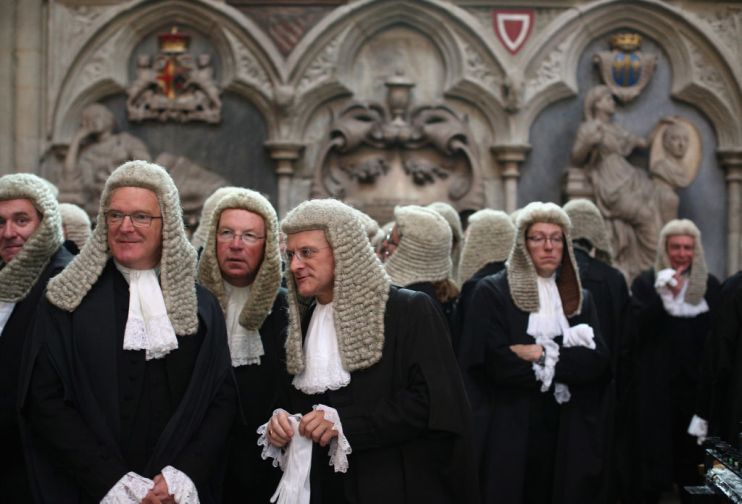Magistrates call for urgent reform to ‘unfair’ fast-track prosecutions

Magistrates have called for urgent reforms to be made to fast-track prosecutions in the UK, which campaigners have labelled as “fundamentally unfair”.
The speedy process, known as the Single Justice Procedure (SJP), enables magistrates to sentence defendants without legal representation, behind closed doors and based on written evidence alone.
While it was introduced in 2015 to allow for a more efficient use of court time, quickly dealing with low level offences to free up the courts, multiple cases have emerged where vulnerable individuals have been prosecuted.
Campaigners recently told City A.M. that the procedure, which is used by the BBC to prosecute non-payment of the licence fee, was “fundamentally unfair”.
Mark Beattie, national chair of the Magistrates’ Association, said yesterday that while the principle of the Single Justice Procedure was “good”, it was “not a perfect system”.
“While the vast majority of cases are handled effectively by the SJP, our members — magistrates who decide on SJP cases — have told us about flaws in the way it operates and the harm that this can have on some of society’s most vulnerable people,” he said. “It is clear to us that reform, as well as additional investment in training and transparency, is needed, to restore public confidence in the Single Justice Procedure.”
The group has put forward 12 recommendations on change the Single Justice Procedure to “make it fairer, more consistent and more open”.
These include a requirement that prosecutors to see all mitigating evidence from defendants before cases are heard, and it has called for specific training to be given to magistrates on how to better handle the procedure.
It also said more data should be published on SJP prosecutions and journalists should be allowed greater access to such cases to improve transparency.
The Ministry of Justice was contacted for comment.